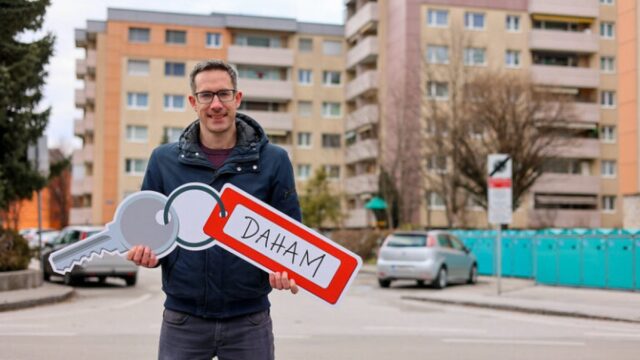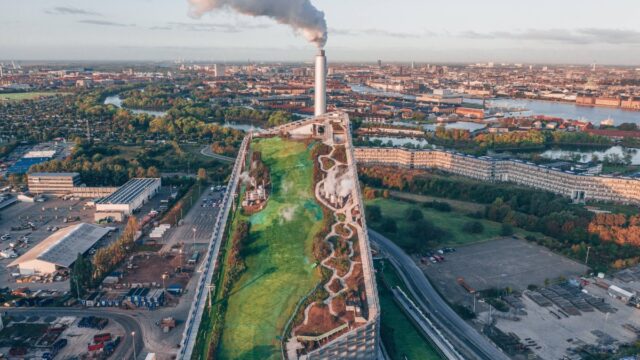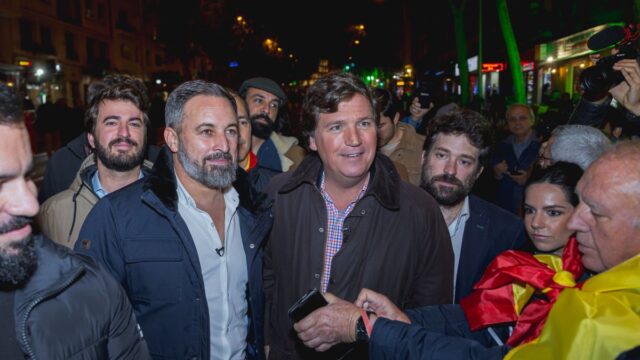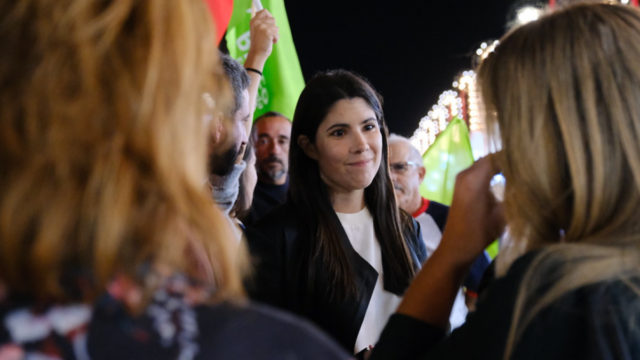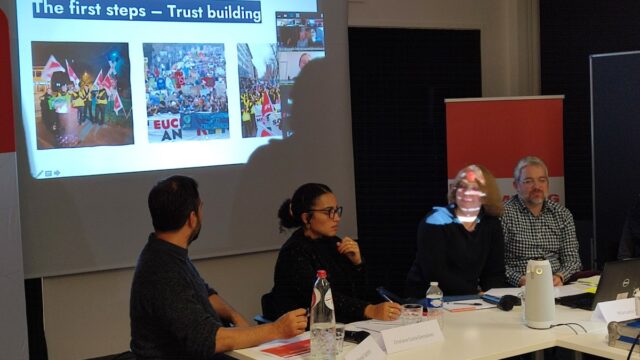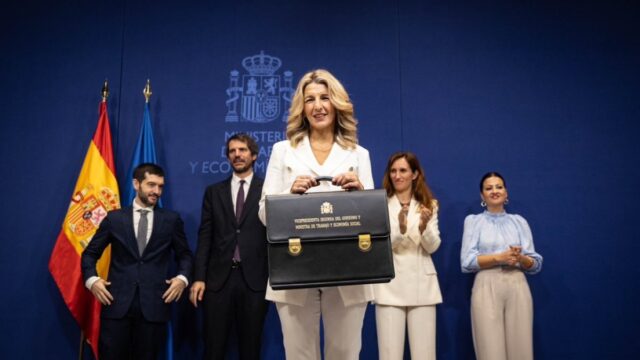A Europe of Capital
Learning from Salzburg
Eight years of political change in Barcelona
Upcoming events
10:00 – 16:00 o'clock
Steel is the future – L’acier, c’est l’avenir – El acero es el futuro
The international alliances of the Spanish far right
“Choosing people’s lives over profits and high rents”

By clicking on the button, you agree to submitting data to YouTube.

